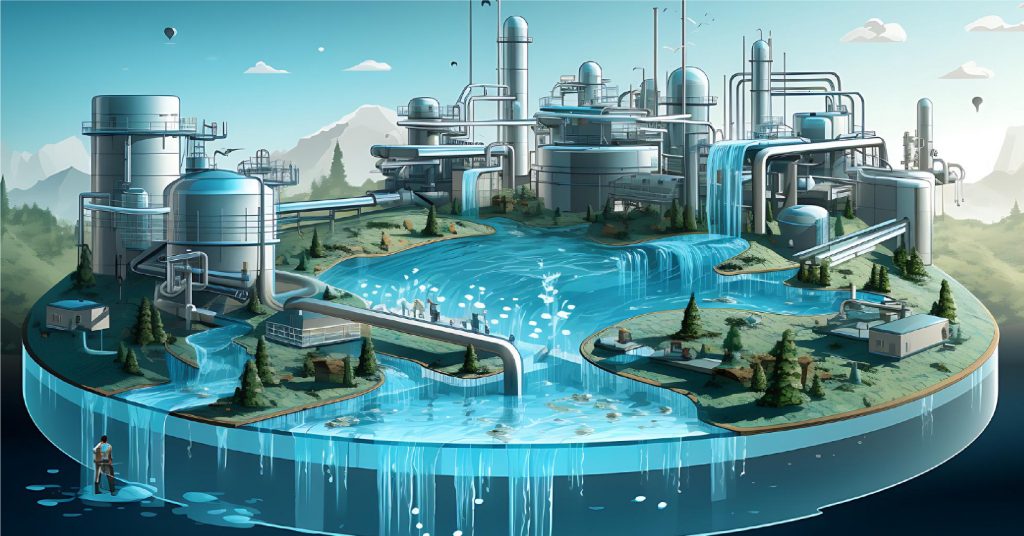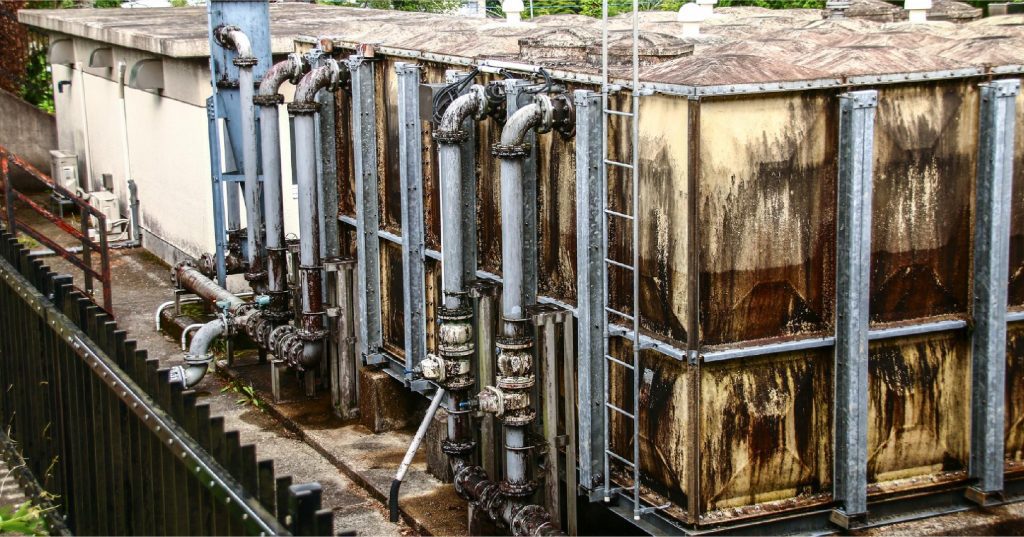Water is one of the most vital resources for human survival, economic development, and environmental balance. In the USA, growing demand from agriculture, industry, and households, coupled with climate change and population growth, has put tremendous pressure on freshwater resources. Effective water management has become the cornerstone for addressing these challenges and ensuring sustainability. By combining innovative technology, policy frameworks, and community participation, the USA is creating pathways to safeguard water for present and future generations.
The Importance of Water Management in Today’s World
Water scarcity and contamination are no longer isolated issues; they are global crises that threaten both economies and ecosystems. In the USA, prolonged droughts in western states, declining groundwater levels, and rising cases of contamination highlight the urgent need for robust water management. This involves planning, developing, distributing, and monitoring the use of water resources to maximize efficiency while minimizing waste and pollution.
Beyond urban centers, challenges in rural regions have further highlighted the necessity of smart management. Addressing the problems and solutions in rural areas requires a balance of infrastructure investment, conservation, and local participation.
Rural Areas: The Frontline of Water Challenges
While urban water infrastructure is relatively advanced, water conservation in rural areas remains a significant challenge. Many rural communities in the USA rely heavily on groundwater, wells, and small-scale supply systems. These sources are often vulnerable to contamination and over-extraction.
Key Rural Water Challenges
- Limited Infrastructure – Rural regions often lack advanced pipelines, storage, and treatment plants, making access to clean water difficult.
- Water Pollution in Rural Areas – Agricultural runoff containing pesticides, fertilizers, and animal waste is a leading cause of contamination. It directly affects drinking water sources and poses serious health risks.
- High Costs of Solutions – Small populations in rural areas make large-scale infrastructure projects less economically feasible.
- Climate Variability – Droughts, floods, and changing rainfall patterns disproportionately affect rural communities, threatening both agriculture and domestic water supply.
Addressing these issues requires tailored solutions that combine innovation, affordability, and community-driven efforts.
Innovative Solutions to Water Problems in Rural Areas
To overcome rural areas’ problems and solutions, a mix of technologies and strategies is being implemented across the USA:
1. Rainwater Harvesting and Storage
Encouraging rainwater collection provides an alternative source of water, especially in drought-prone regions. Rural households and farms benefit from reduced dependence on groundwater.
2. Smart Irrigation Systems
Agriculture is the largest consumer of freshwater in the USA. Smart irrigation using drip technology and sensors helps optimize water use, reducing waste and ensuring crop productivity.
3. Advanced Filtration and Treatment
Portable filtration units and decentralized treatment systems ensure safe drinking water for rural households. These technologies address water pollution in rural areas caused by chemical and biological contaminants.
4. Community-Based Water Management
Local communities play a vital role in maintaining systems, monitoring water quality, and promoting conservation practices. Involving stakeholders fosters ownership and ensures sustainable management.
5. Government Support and Policies
Federal and state governments provide grants and technical assistance for rural water projects. Programs such as the USDA’s Water and Waste Disposal Loan and Grant Program have been instrumental in improving infrastructure in underserved areas.
Tackling Water Pollution in Rural Areas
Among the most pressing issues, water pollution in rural areas poses a direct threat to public health and environmental sustainability. Agricultural runoff remains the leading contributor, but outdated septic systems and industrial discharges also play a role. Addressing this requires stricter monitoring, improved waste management, and the adoption of eco-friendly farming practices.
Collaborative efforts between government agencies, farmers, and local communities are essential. Initiatives promoting organic farming, reduced fertilizer usage, and better manure management are helping to control pollution and protect groundwater reserves.
Expanding the Scope of Ion Exchange in the USA
Ion Exchange, a pioneer in water and environmental solutions, has been at the forefront of addressing the operational challenges faced by wastewater treatment plants, including wastewater management in the USA. Our solutions offer wide applications and pioneer innovations in water management by recycling wastewater and reducing its source. Our integrated systems focus on waste management through product recovery and waste minimization.
Our solutions cater to various industries, including power plants, fertilizers, electronics, electroplating, textiles, chemicals, food and beverage, pulp and paper, pharmaceuticals, and automobiles, ensuring optimal recovery and reuse of water and products.
Explore Ion Exchange’s Products
Ion Exchange’s pioneering solutions encompass water management through wastewater recycling, source reduction, product recovery, and waste minimization. The treatment process, comprising primary, secondary, and tertiary stages, is tailored to the wastewater characteristics and desired effluent quality.
Our product range includes INDION® TADOX® (Advanced Photocatalytic Oxidation Process), High Rate Solid Contact Clarifiers, Anaerobic and Aerobic Systems, Membrane Bio Reactors, Packaged Sewage Treatment Plants, Packaged Waste Treatment Systems, Disinfection Systems, Odor Control Systems, Oil Screening, and Grease Removal Systems. Ion Exchange is committed to advancing wastewater management in Nepal and other regions, ensuring sustainable water solutions for a better future.
Ion Exchange delivers a powerful range of cutting-edge wastewater treatment technologies designed to tackle even the toughest water challenges. Their continuous media filters excel at efficiently removing solids, while their advanced oxidation systems leverage potent oxidants like ozone and hydrogen peroxide to break down stubborn organic pollutants. Complementing these are their state-of-the-art membrane systems, including ultrafiltration and reverse osmosis, which ensure superior separation and purification. This comprehensive approach guarantees high-quality water that is safe for discharge or ready for reuse, reflecting Ion Exchange’s commitment to sustainable water management.
With over 60 years of proven expertise, Ion Exchange is revolutionizing wastewater management in Nepal. By incorporating advanced effluent treatment processes, innovative membrane technologies, and state-of-the-art evaporation methods, we maximize water recovery and achieve zero liquid discharge. Our solutions ensure the availability of water for process needs and low-end uses, drive savings through the recovery of valuable products for reuse, and reduce water costs and freshwater requirements. Additionally, we guarantee compliance with pollution control board regulations, providing comprehensive and sustainable wastewater solutions.
Conclusion
The USA’s water challenges reflect a global reality: growing populations and climate change are straining a finite resource. Effective water management is no longer optional—it is a necessity. From tackling rural areas’ problems and solutions to addressing water pollution in rural areas, sustainable strategies are shaping the future of water conservation.
By prioritizing innovation, investing in infrastructure, and fostering community involvement, the USA is demonstrating how water challenges can be turned into opportunities. The path forward lies in integrated approaches that ensure both rural and urban areas have access to safe, reliable, and sustainable water supplies.





